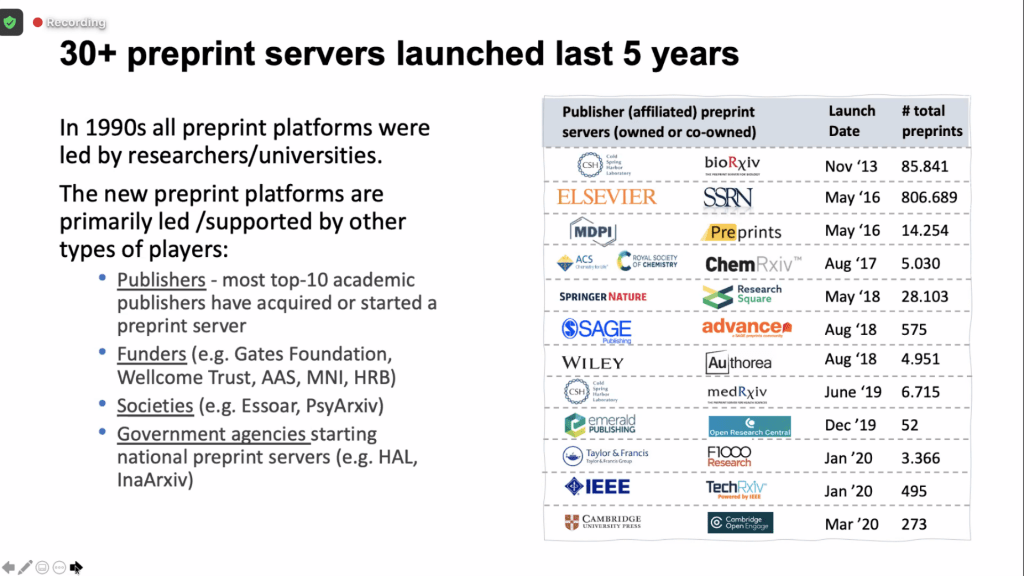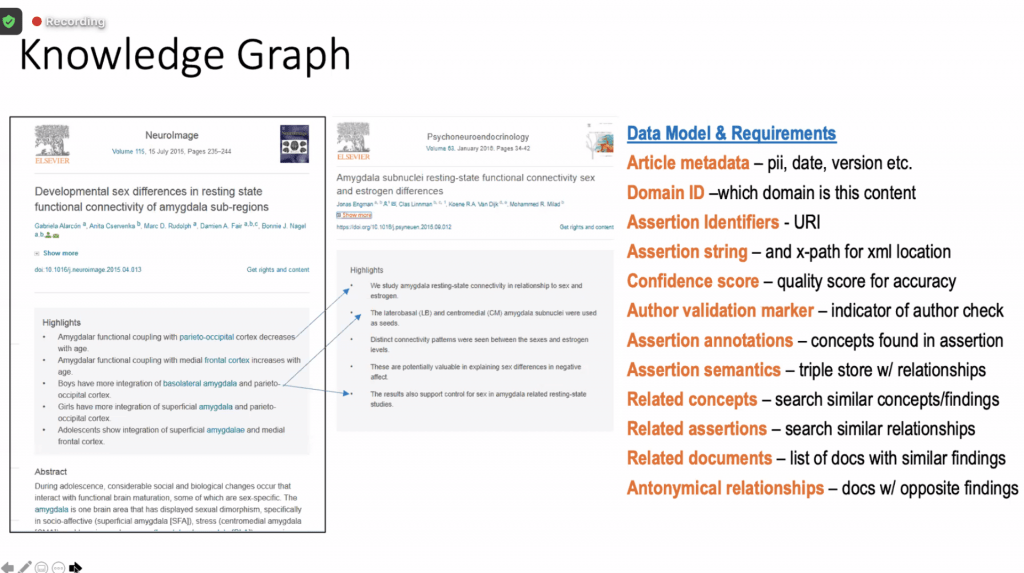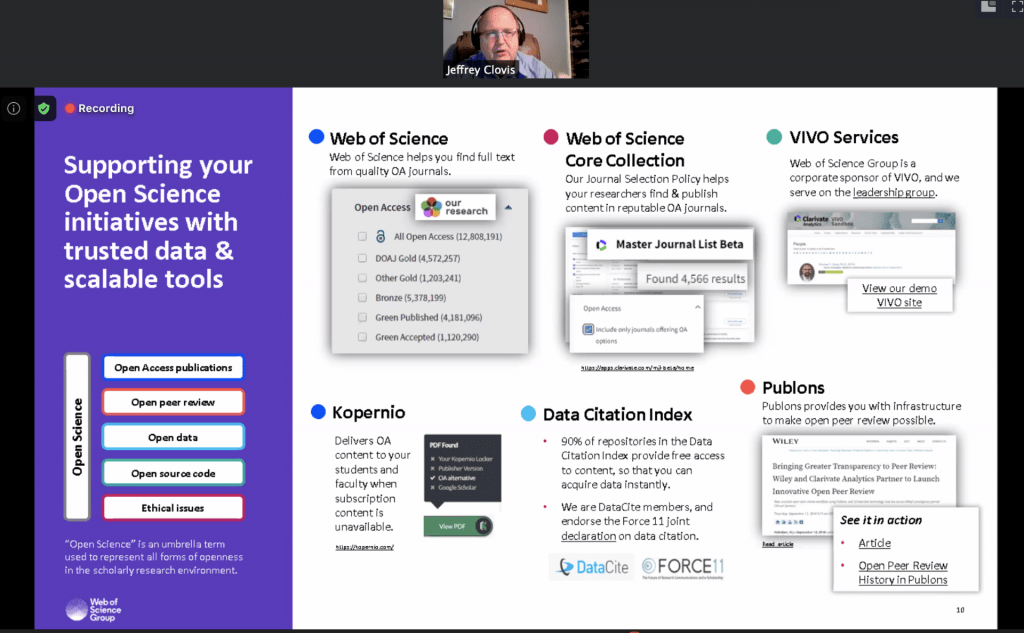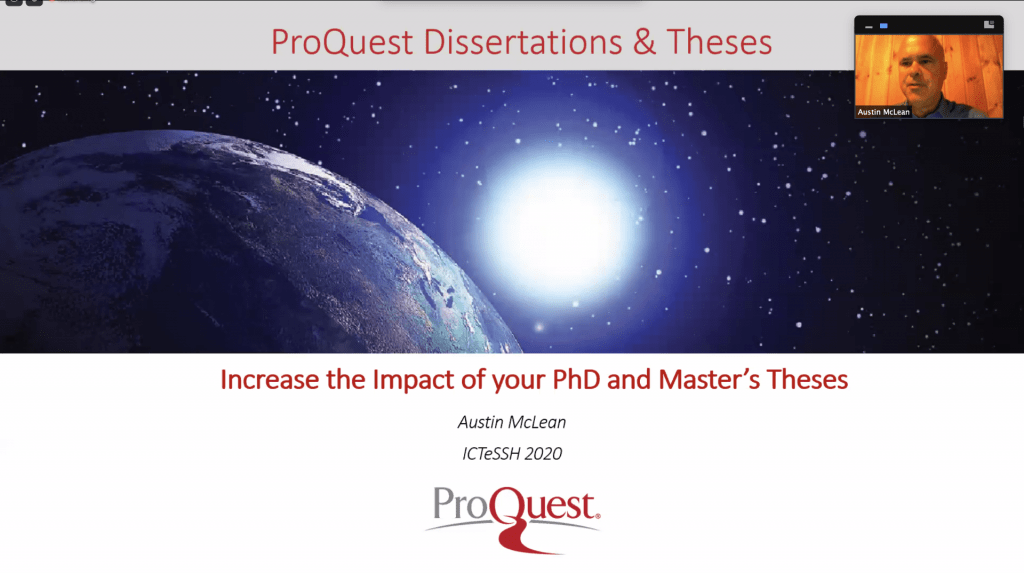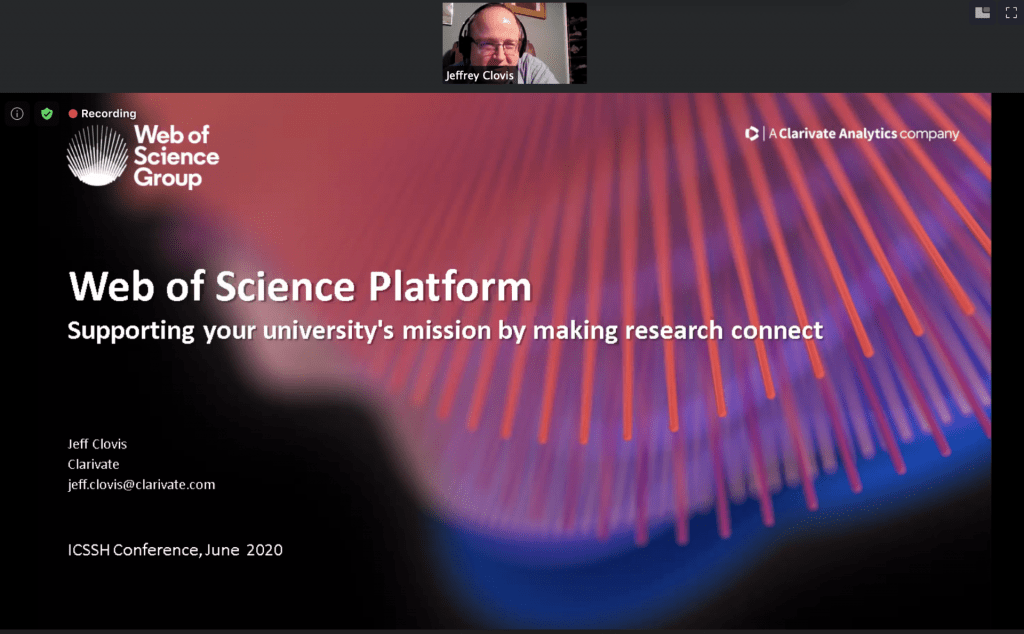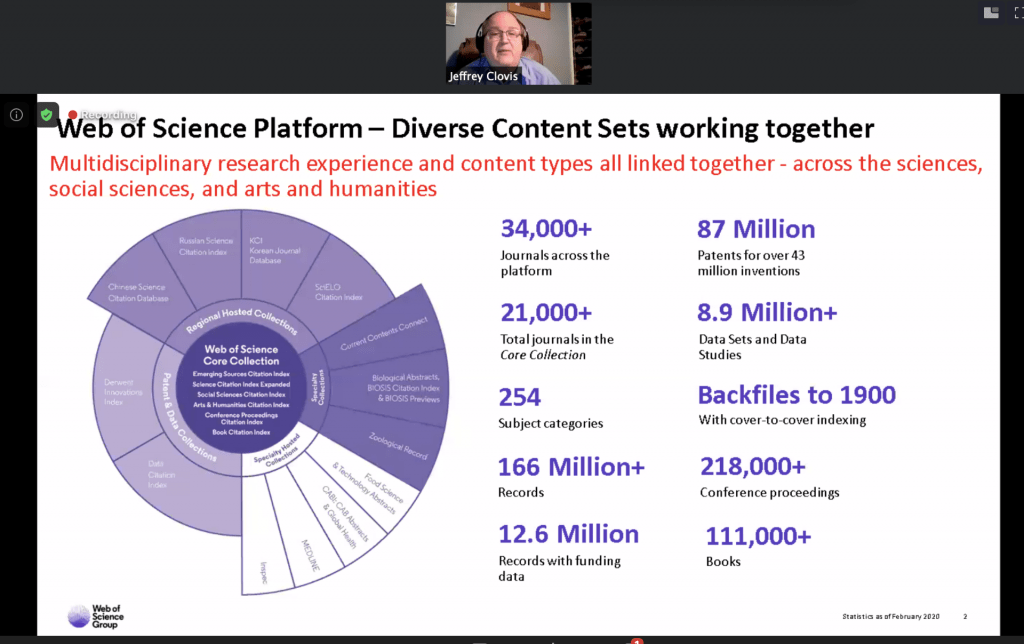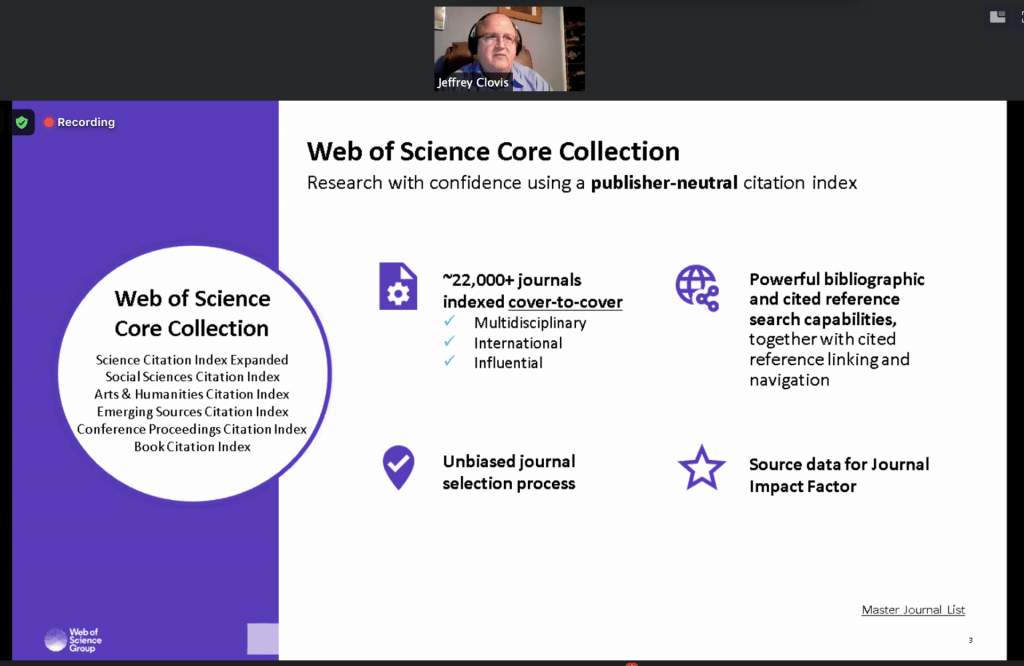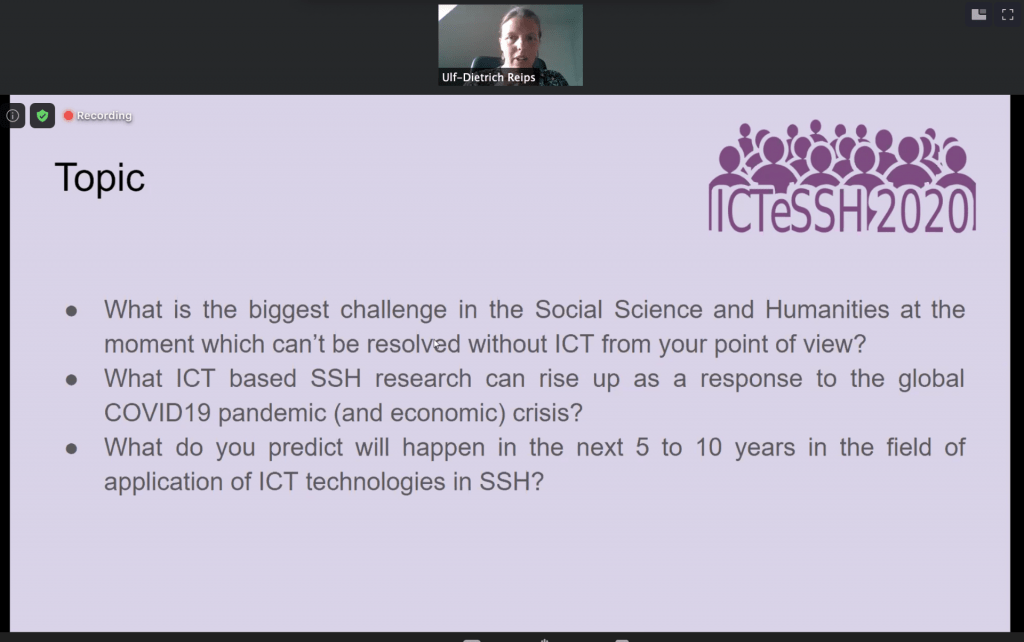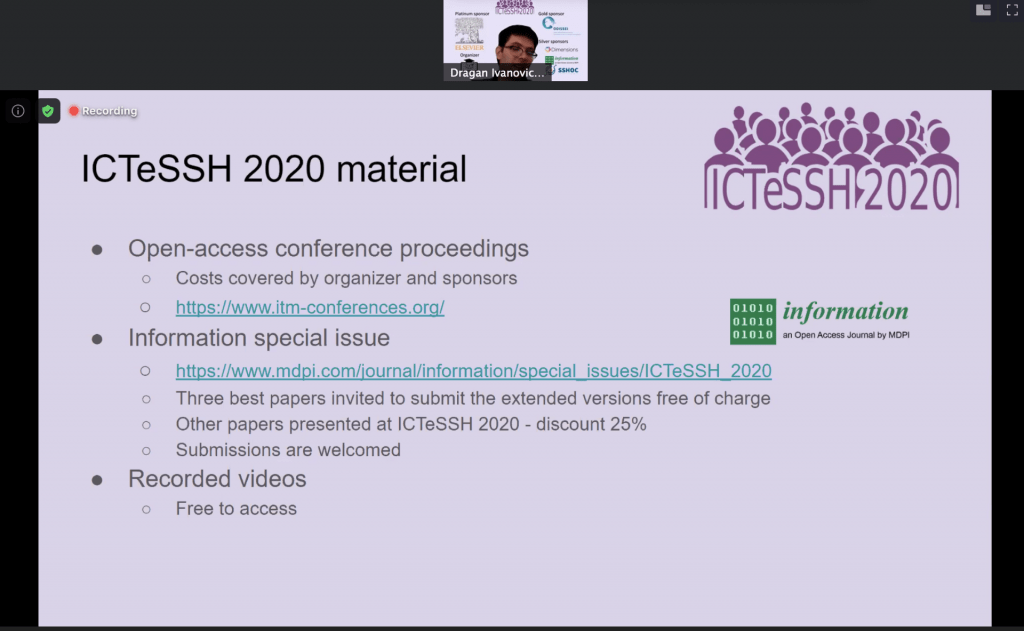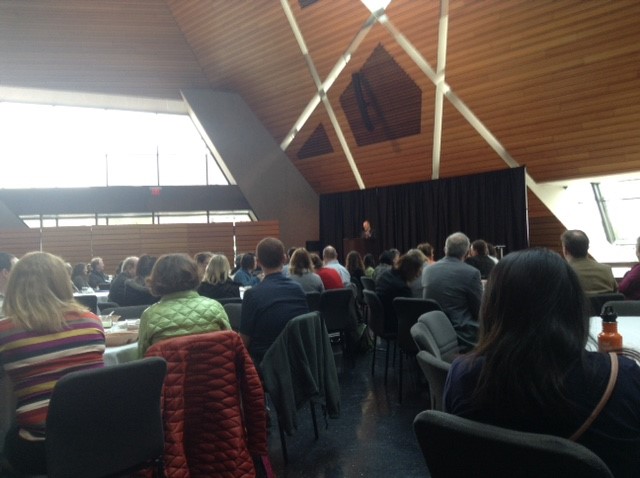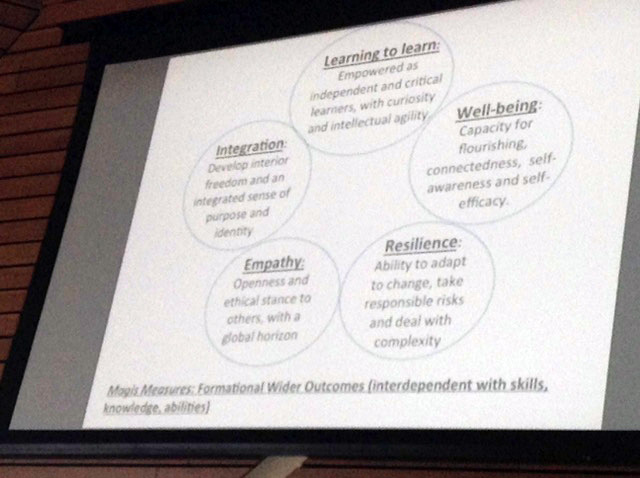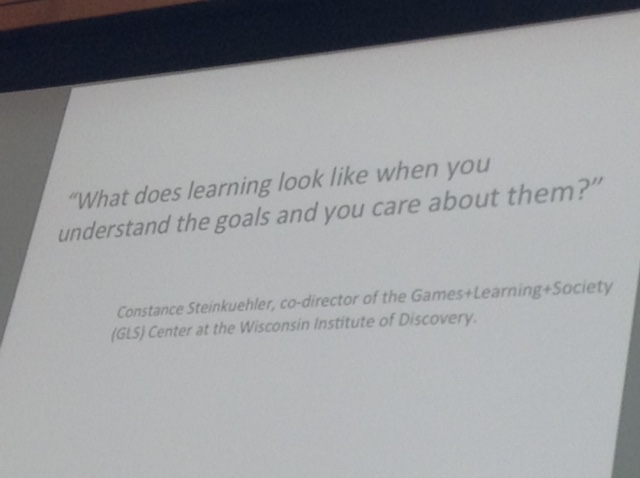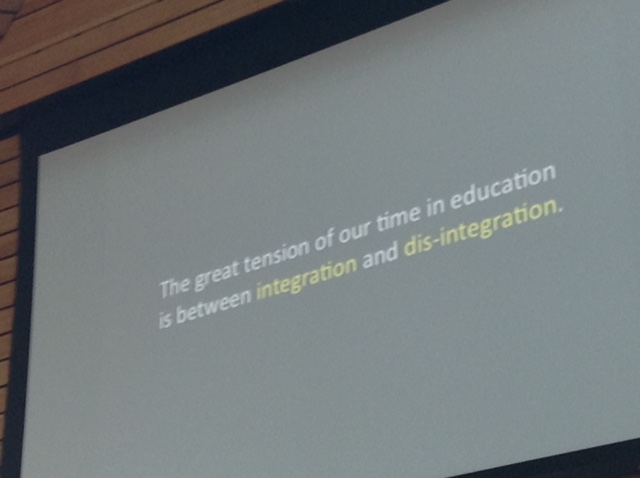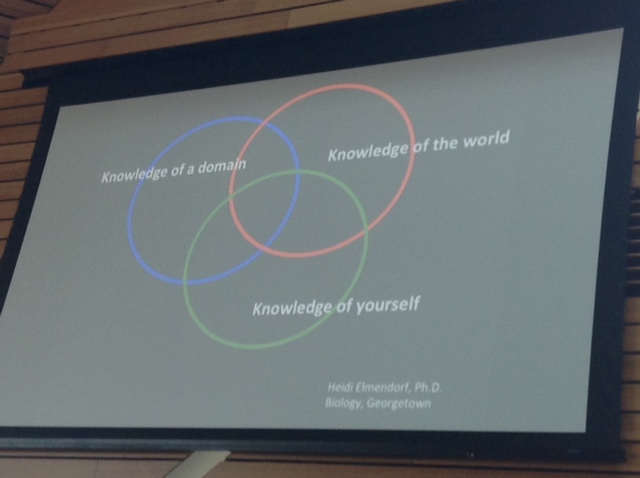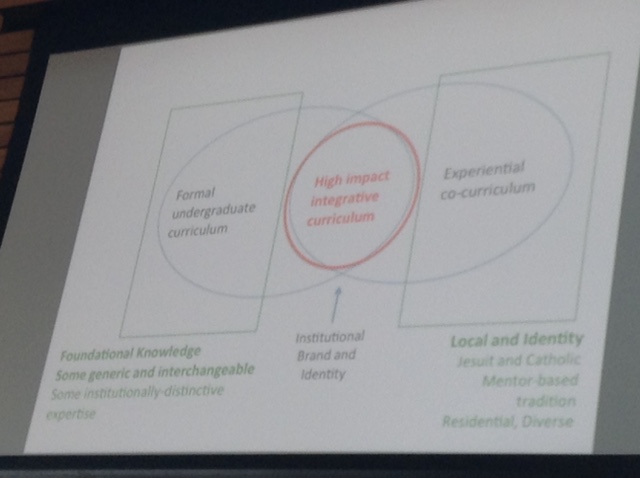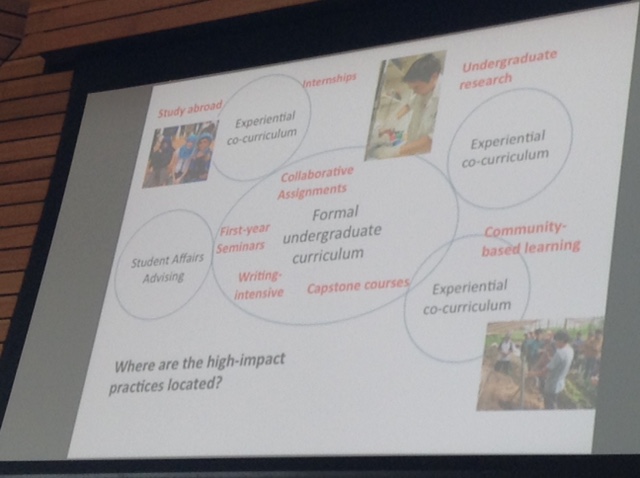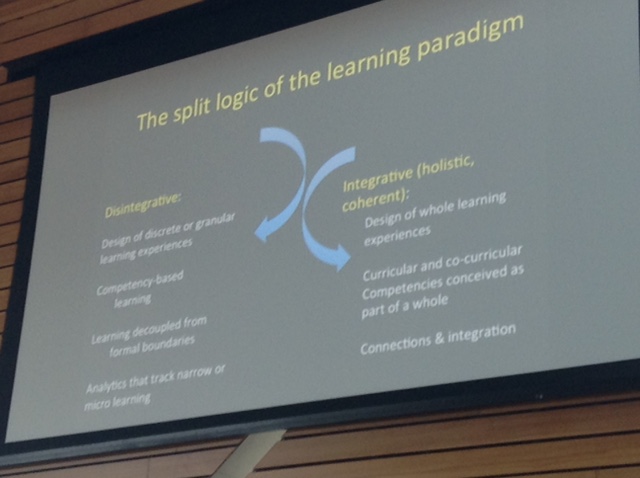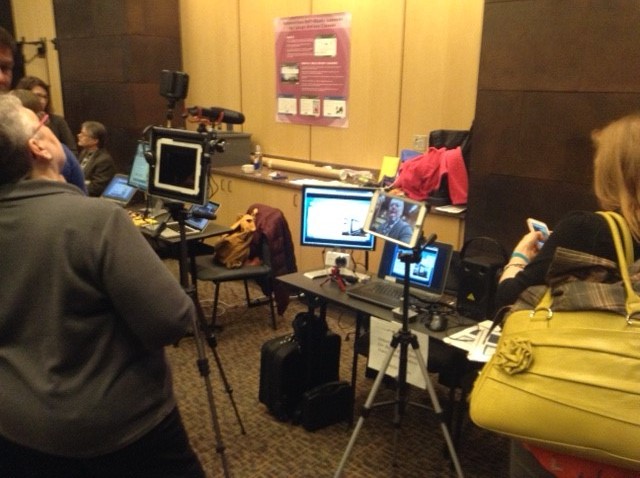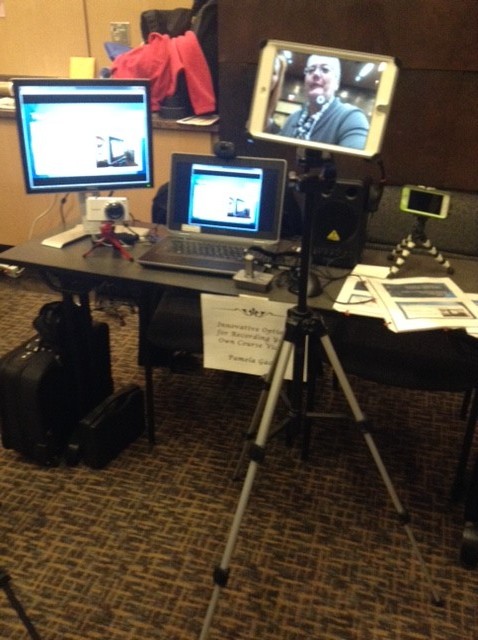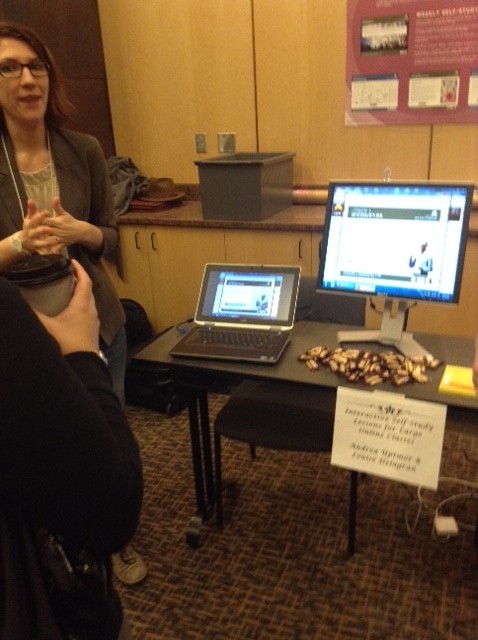From: Almond, Emily [mailto:ealmond@georgialibraries.org]
Sent: Tuesday, February 10, 2015 6:28 AM
To: lita-l@lists.ala.org
Subject: [lita-l] Re: Re: 3D printing in libraries
Hi guys, we have 21 3D printers in public libraries in GA and we created this resource page to help our libs decide what works for them: http://galibtech.org/?page_id=1052
Also, our system administrator Daniel Zeiger, had these thoughts:
UP mini if you want something cheap and plug and play. ~$600 dollars and doesn’t need much maintenance but its build plate is fairly small (this can be a good thing if you don’t want prints that can run all night).
For a little more you can grab the UP plus 2/Afinia H480 which gives you a larger build plate and allows you to see the print from any angle while printing. The plus 2 also self levels which takes a huge step out of the printing process.
If you want something that requires a bit more maintenance but also gives you much more control over your printer and settings (and a larger build plate) I would go for the FlashForge Creator Pro or the Ultimaker 2. Both of these offer superior print quality and control, but require more tinkering and knowledge to print successfully.
Emily Almond
Director, IT
Georgia Public Library Service
On Feb 6, 2015, at 12:09 PM, Amy Jiang <ajiang@laverne.edu> wrote:
Ajiang@laverne.edu
On Feb 6, 2015, at 8:21 AM, cherie bronkar <cheriebr35@yahoo via <dmarc_fix@lists.ala.org> wrote:
cbronkar@kent.edu
Cherie
On Friday, February 6, 2015 11:12 AM, Janet Ann Crum <Janet.Crum@nau.edu> wrote:
Great idea! I’d be happy to help with that.
Janet
Sent from my iPhone
On Feb 6, 2015, at 9:05 AM, Cindi Blyberg <cindiann@gmail.com> wrote:
Hey all!
Is there interest in forming a LITA Interest Group around 3D printing or Makerspaces?
More information about IGs can be found here:
http://www.ala.org/lita/about/manual/litamanualsection6
and the petition to form one is here:
http://www.ala.org/lita/sites/ala.org.lita/files/content/about/manual/forms/E5-IGpetition%20renewa.pdf
Other groups have collected signatures via Google doc, but some have been formed during the middle of a conference.
Have fun! 🙂
On Thu, Feb 5, 2015 at 6:30 PM, Matt Beckstrom <MBeckstrom@lclibrary.org> wrote:
I may not be able to recommend any particular 3D printer model, but I can recommend a service that we use that makes offering 3D printers to my patrons really easy. We use an online system called Skyforge from a company called Element Robot (https://skyforge.co/home/). This system facilitates the uploading of 3d plans, the payment of them, and printing them to the printer. It really is a time saver for me and my staff.
If you have any questions, please let me know.
Matt Beckstrom
mbeckstrom@lclibrary.org
Systems Librarian
Lewis & Clark Library
120 S Last Chance Gulch
Helena, MT 59601
http://www.lclibrary.org
(406) 447-1690 x111
>>> John Fitzgibbon <jfitzgibbon@Galwaylibrary.ie> 2/5/2015 3:55 AM >>>
Hi,
We are interested in providing access to 3D printers in our largest library. Our hope is to make the printer available to children between the ages of ten and fifteen so that they would gain experience in designing and creating three dimensional artifacts.
I am not sure if there is a 3D printer that is that user friendly. Is it feasible to provide this service to this target audience? What is the best 3D printer to use?
I would appreciate any advice.
Regards
John
John Fitzgibbon
Executive Librarian
w: www.galwaylibrary.ie
Previous IMS posts on 3d printing:
https://blog.stcloudstate.edu/ims/?s=3d+printing
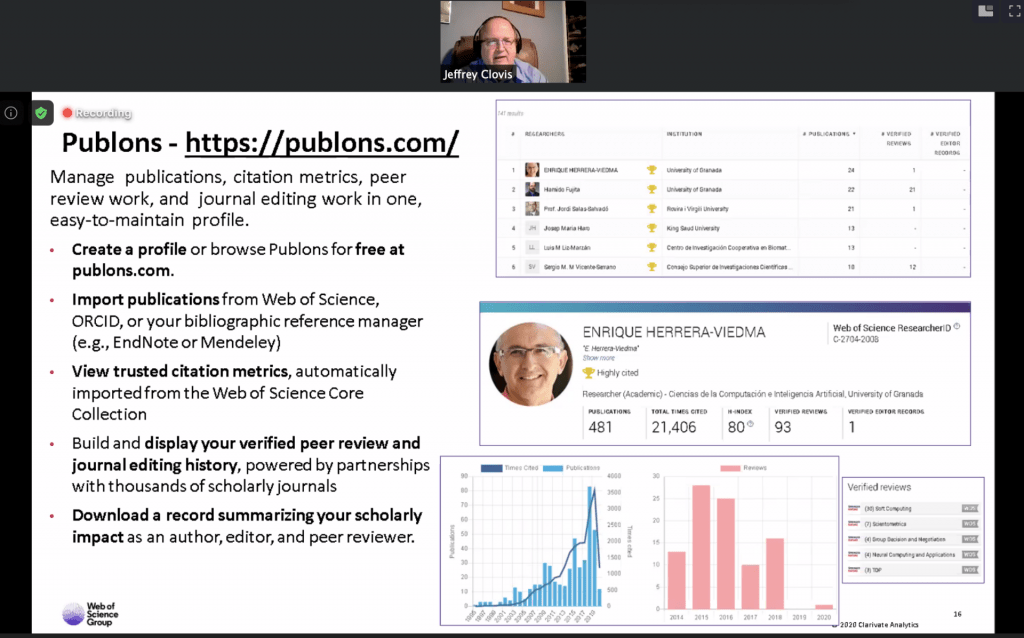
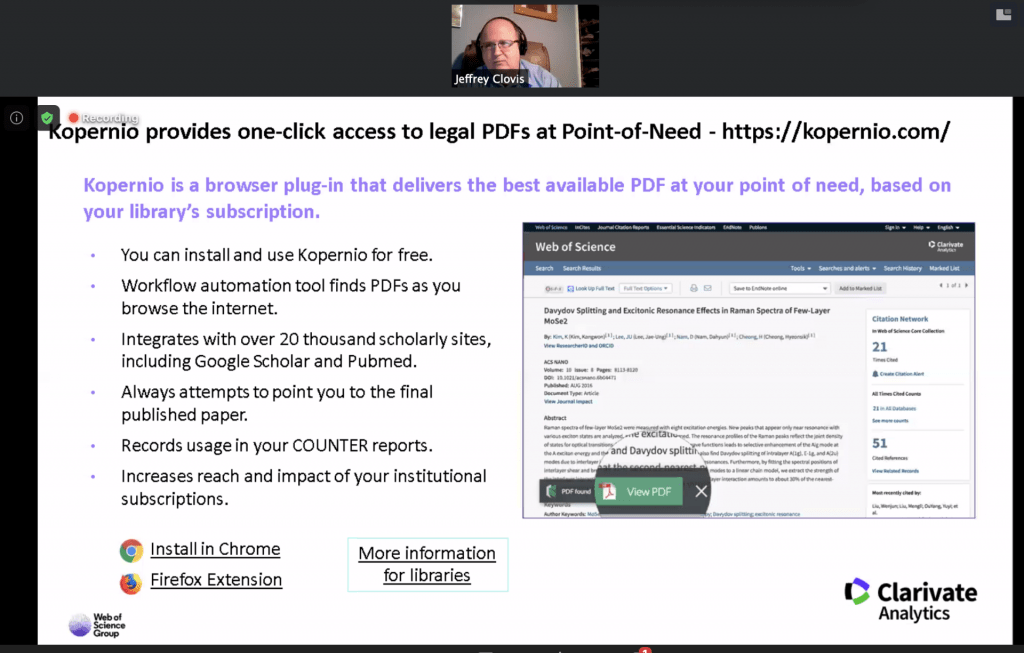 Jeff Clovins, Clavirate Analytics
Jeff Clovins, Clavirate Analytics
